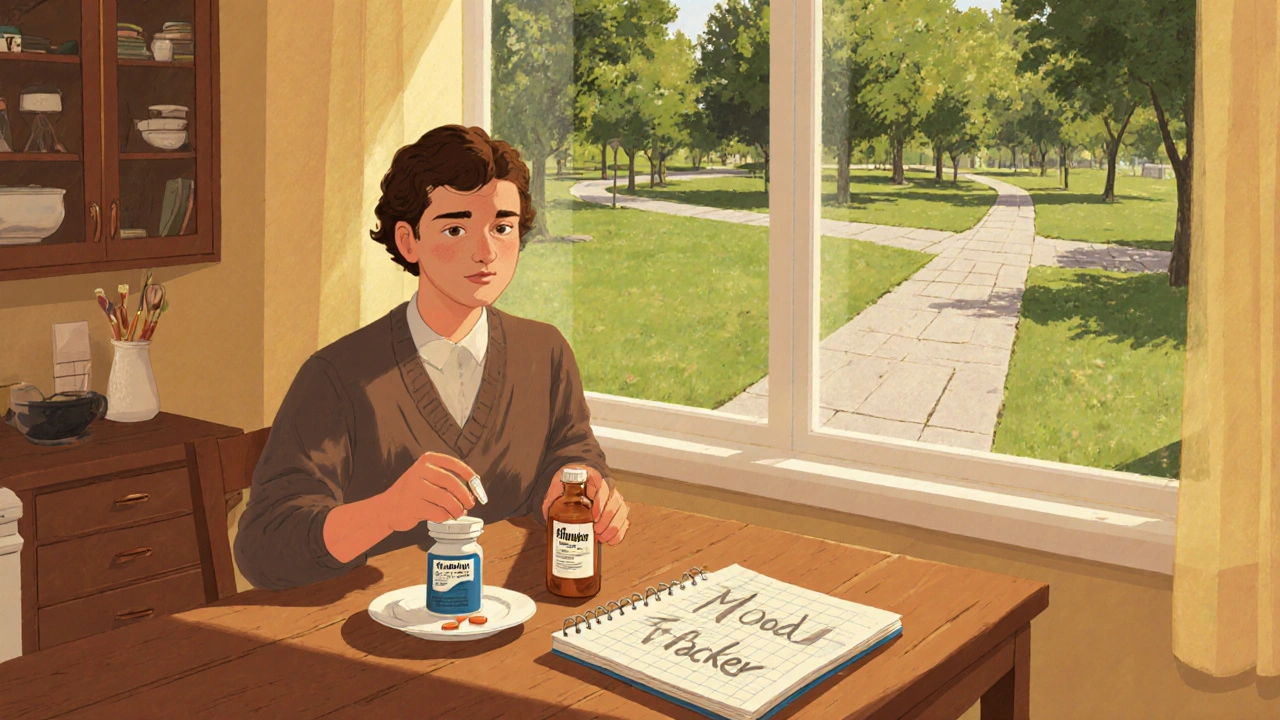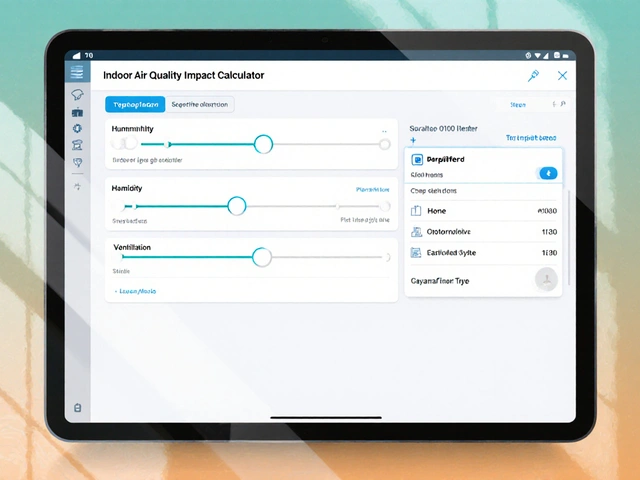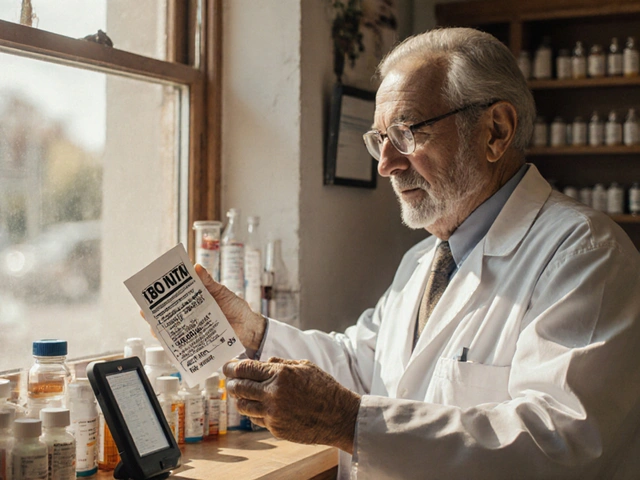Depression treatment: clear steps to feel better
Depression can steal energy, focus, and joy. If you’re reading this, you want practical options that work. Treatment usually mixes medication, therapy, and day-to-day changes. Below I’ll walk through the main choices, what to expect, and simple safety tips so you can act with confidence.
Medication: what to expect
Antidepressants can help balance brain chemicals and lift mood. Common groups include SSRIs (like fluoxetine), SNRIs (like venlafaxine), atypicals (like mirtazapine/Remeron), and older classes such as tricyclics. Most drugs need 4–8 weeks before real change shows. Side effects vary: sleep changes, nausea, or sexual side effects are common. Talk with your doctor about risks, start low and go slow, and never stop suddenly without advice.
If you have trouble with one medicine, another option often helps. Some people do better with mirtazapine for sleep and appetite, while others prefer an SSRI for anxiety symptoms. For severe or treatment-resistant depression, options include ketamine or esketamine under medical supervision, or electroconvulsive therapy (ECT) when rapid response is needed.
Therapy, habits, and support
Talk therapy is a core part of recovery. Cognitive behavioral therapy (CBT) teaches skills to change negative thoughts and habits. Interpersonal therapy and behavioral activation are also helpful. Therapy often boosts or replaces medication depending on the person and severity.
Everyday habits matter. Aim for consistent sleep, modest daily activity like a 20-minute walk, small goals, and regular meals. Cut back on alcohol and recreational drugs because they worsen mood and interact with medicines. Try to keep a basic routine and reach out to a friend or family member you trust.
Track symptoms in a simple list: sleep, appetite, energy, interest, mood. Bring that list to appointments so your clinician can see clear patterns. If thoughts of self-harm come up, contact emergency services or a crisis line immediately. Don’t wait.
Practical tips for medication safety: use a single, trusted pharmacy, keep a list of all drugs and supplements, and ask your prescriber about interactions. If buying online, never use sites that sell prescription meds without a valid prescription. Check pharmacy credentials, read reviews, and confirm a licensed pharmacist is available to answer questions.
Choose a prescriber who asks questions and listens. Primary care doctors can start treatment; psychiatrists handle complex cases. Ask about follow-up plans: first check at two to four weeks, then monthly until stable. Tell your provider if you have bipolar disorder, a history of seizures, or are pregnant or breastfeeding—some antidepressants can cause harm in those situations. If insurance or cost is a problem, consider patient assistance programs, generic versions, or telehealth visits which often cost less. Keeping clear records and regular follow-ups reduces risk and speeds recovery. Ask friends to check in.
Recovery often takes time and small wins add up. Set realistic goals, ask for help when things get worse, and celebrate small steps. If one plan doesn’t work, try another. There are many routes back to better mood and functioning, and combining approaches usually gives the best result.

Fluoxetine + Exercise: Boost Treatment Results with Physical Activity
Learn how adding regular exercise to fluoxetine therapy can speed up depression relief, boost mood, and reduce side effects. Get practical workout plans, safety tips, and a quick FAQ.
Mental Health
Explore Effective Alternatives to Wellbutrin SR for Better Mental Health
Seeking alternatives to Wellbutrin SR? Discover effective options like Abilify, which offers unique mechanisms for treating depression. Understand the pros and cons of these alternatives to make informed decisions about your mental health treatment plan. Whether you're exploring new medication options or curious about different treatments, this article provides practical insights.
MedicationsLatest Posts
Tags
- online pharmacy
- medication safety
- generic drugs
- medication
- dietary supplement
- side effects
- online pharmacy UK
- drug interactions
- mental health
- impact
- online pharmacies
- statin side effects
- dosage
- generic vs brand
- pediatric antibiotics
- antibiotic side effects
- skin health
- health
- pain relief
- dietary supplements




